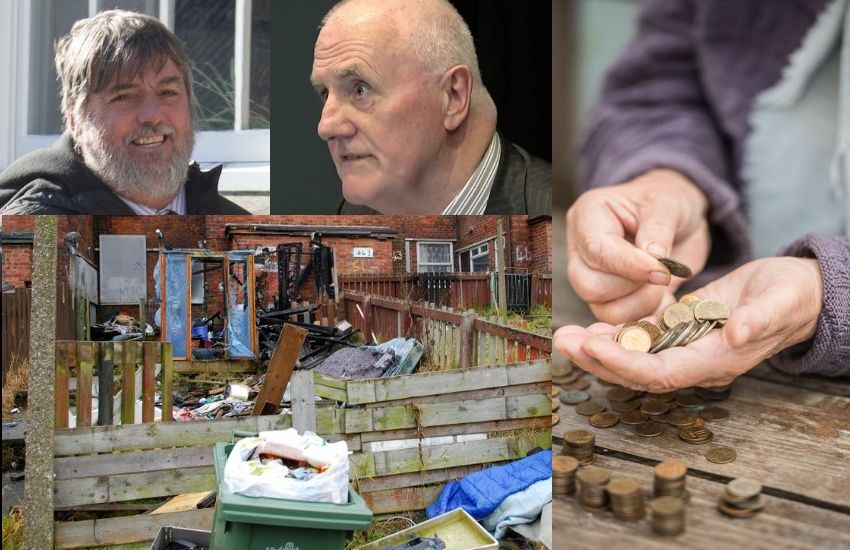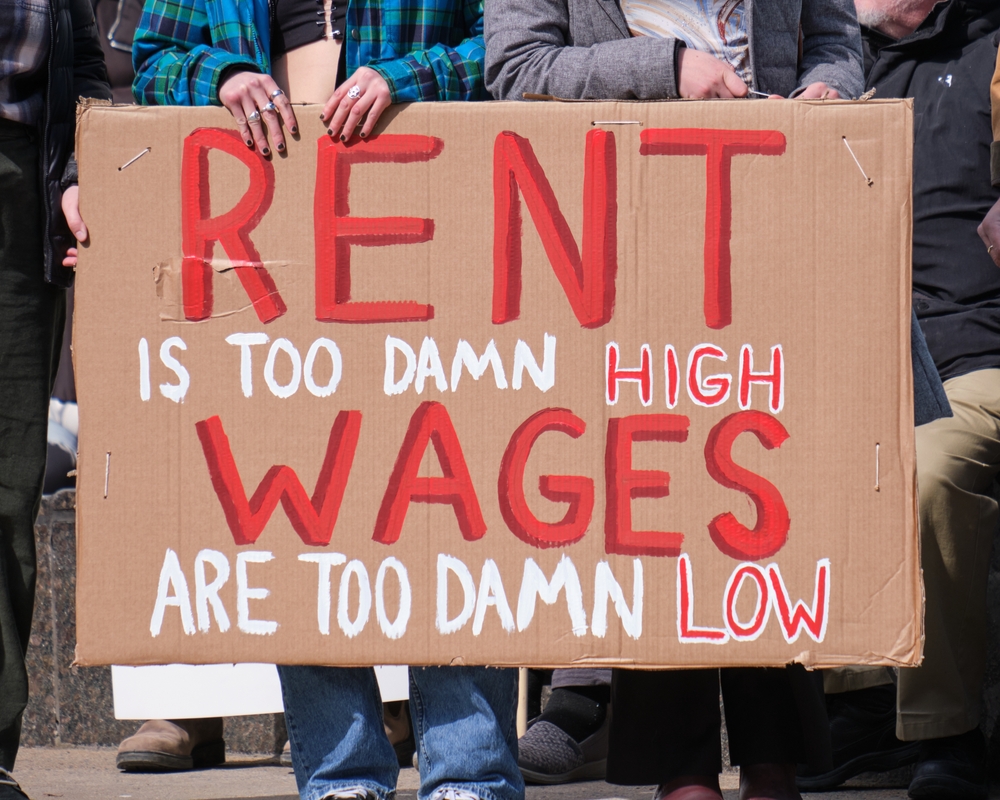


The States are to vote on whether their senior committee - Policy & Resources - should be forced to look into ways of breaking the cycle of poverty which affects some families from one generation to the next.
In 2019, the States' Assembly told the Policy & Resources Committee to "undertake preparatory investigations of policies successful in breaking poverty", including among people in work. The Committee now wants to be freed of that instruction. But another committee - Employment & Social Security - wants the work to go ahead and is pushing the issue to a vote at the next States' meeting.
The work is included in one of 11 previous resolutions - or States' directions - which the Policy & Resources Committee wants the States' Assembly to scrap when it debates the annual Government Work Plan the week after next.
But Deputy Peter Roffey, President of the Committee for Employment & Social Security, said his Committee thinks "it is a supremely insensitive move to propose rescinding a resolution which talks about tackling in-work poverty in the midst of a cost of living crisis".
Deputy Roffey and his Committee's Vice President, Deputy Lindsay de Sausmarez, have submitted an amendment which, if approved by the States, will take the work on poverty out of the list of items to be scrapped.

Pictured: Deputy Lindsay de Sausmarez is seconding the amendment.
The Policy & Resources Committee is advising the States to scrap the direction to it to carry out the work "as co-ordination of policy reviews and new policy development is now driven through the Government Work Plan".
Deputy Roffey said this was not a good reason to scrap the direction.
"The resolution the Policy & Resources Committee is seeking to rescind is one which that Committee put forward itself by way of an amendment to the Scrutiny Management Committee’s report on in-work poverty," said Deputy Roffey.
"Despite the States rejecting the specific proposals in that report, Policy & Resources did at least show the States how committed it was to addressing in-work poverty by holding up its hands and offering to lead on this piece of policy work.
"I think it should now see it through, but of course Employment & Social Security stands ready to support it in that task in whatever way we can.
"I have some ideas, but as the States have decided to make Policy & Resources the lead Committee on this initiative the last thing I want to do is pre-empt it. I just want it to happen at some stage – hopefully not too far down the road."

Pictured: In some countries, in-work poverty is defined as when a working person's income, after housing costs, is less than 60% of the national average.
The Scrutiny Management Committee led a review of poverty among people in work in 2017 and 2018.
"Our aim is to make recommendations leading to a meaningful reduction in the number of islanders experiencing in-work poverty in a timely manner," said the Committee at the time.
"The Scrutiny Management Committee has made a number of recommendations for future action to reduce in-work poverty. These include a proposed review of the relevant elements within the current benefit and tax system, recommendations to improve data collection relevant to in-work poverty, a review of aspects of existing housing policy and a review of possible measures to improve equity of access to both primary and emergency care."
The Committee for Employment & Social Security wants to prioritise a review of the States' primary social welfare scheme - Income Support - in 2022 and 2023.
In its submission to the annual Government Work Plan debate, the Committee for Employment & Social Security said it placed "such importance on this work – given that those on low incomes are most likely to be affected by sudden or unforeseen economic changes – that it considers it necessary to deprioritise other workstreams...in order to reallocate its resources".
Pictured top: Deputy Peter Roffey (left), President of the Committee for Employment & Social Security, and Deputy Peter Ferbrache, President of the Policy & Resources Committee.
P&R says States "must tackle" housing needs and cost of living
ESS plan to deny £600 increase to minimum salary for young workers
Comments
Comments on this story express the views of the commentator only, not Bailiwick Publishing. We are unable to guarantee the accuracy of any of those comments.